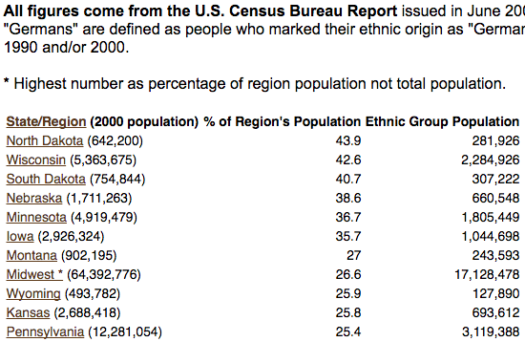George Selgin on monetary reform
At various times, I’ve advocated simplifying the US monetary system. I’d like to see us abolish reserve requirements, discount loans and interest on reserves. The only goal of OMOs would be to stabilize NGDP growth. The Fed would have no involvement with the banking system. Once I even went so far as to suggest going back to the early days when deposits at the Fed did not exist, and the entire monetary base was cash. Admittedly, this is a somewhat regressive step from a technical perspective (Woodford and Cochrane would be horrified), but I thought the gains would outweigh the costs. It would clarify that the Fed’s only purpose is to adjust the supply of the medium of account until NGDP growth was stabilized, with that goal of achieving more stable labor and credit markets. This has almost nothing to do with banking. In 2008, they went far off course by focusing on banking and ignoring NGDP.
If the government wants to get involved with banking, I would assign that task to the Treasury. They might impose capital requirements, or a regulation forcing banks to make bonds convertible into equity in a crisis. Maybe they would bail out banks that are “too big to fail” (my least favorite option). But all of this would be completely divorced from Fed policy.
Of course these ideas are far too radical to be enacted. So what would a more pragmatic proposal look like, which moved in this general direction? I’d highly recommend reading George Selgin’s (Heritage) paper on a “flexible open market alternative” to the current mish-mash of ad hoc Fed policies. Here George provides the basic framework for thinking about these issues:
More fundamentally, recent experience suggests that the conventional dichotomy of “emergency” and “ordinary” central-bank liquidity provision, though it may have had some merit in the distant past, has outlived its usefulness. When implementing “ordinary monetary policy” meant little more than maintaining the gold standard, last-resort lending posed a separate, if not conflicting, challenge. A modern fiat-money-issuing central bank, in contrast, has but one fundamental duty to fulfill. That duty consists of supplying cash, meaning currency and bank reserves, in amounts sufficient to meet macroeconomic targets, and doing so efficiently, that is, so that newly created cash is assigned to those parties that can gain, and are therefore willing to pay, the most for it.
Here is the centerpiece of the proposal:
Once flexible OMOs are established, the Fed should permanently close its discount window, which such operations will render redundant at best and a source of inefficient credit allocation at worst. Any institution that resorted to the discount window as a source of last-resort credit in the past will be able to participate in the Fed’s routine credit auctions using the same collateral it might have employed in securing a discount-window loan. However, instead of being guaranteed support, under pre-established terms, or having the Fed unilaterally determine to support it, it must secure funds by outbidding rival applicants. Thus the flexible OMO alternative improves upon bilateral Fed lending, not only by avoiding the stigma connected to the latter, but also by checking moral hazard.
Finally, Congress should improve oversight of the Fed’s broadened open-market operations, to assure that those operations are conducted in a manner consistent with efficient credit allocation, and especially with the avoidance of any implicit subsidization of risk-taking.
And here George summarizes the goals of this proposal:
What distinguishes the flexible-OMO plan from these precedents is that it envisions a single facility only, supplying both routine and emergency credit, and doing so in a way that relies to the fullest extent possible on market forces, rather than on decisions by bureaucrats, to achieve an efficient allocation of liquidity among competing applicants. By allowing a broad set of potential applicants, using a wide range of eligible collateral, to compete for available funds, not only in private markets, but, when necessary, at a single Federal Reserve facility, flexible OMOs minimize the Federal Reserve’s credit footprint, and thereby prevent it from taking part in either deliberate or inadvertent credit-allocation exercises for which fiscal rather than monetary authorities ought to be responsible.
These excerpts don’t do full justice to this excellent paper. For instance, George discusses how some of his ideas have already been implemented by other central banks, such as the BoE. I strongly recommend that people interested in monetary policy read the whole thing.
PS. David Beckworth interviews George Selgin on this topic.



